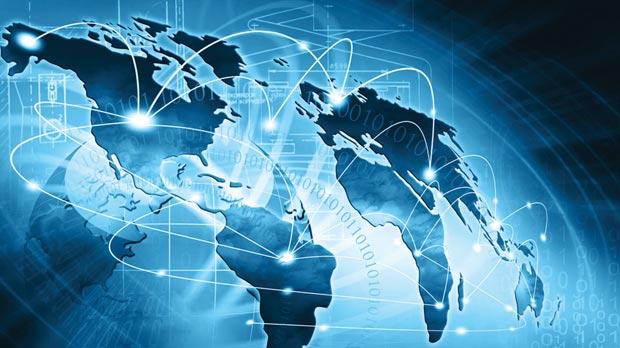The 2030 agenda on sustainable development is the new pact on the world’s future. Its implementation is one of the most important current, ongoing tasks. According to the pact of the world’s future, development policy is all about creating new prospects for the future and that future is digital. We will only succeed in attaining the 17 sustainable development goals (SDGs) by 2030 if we manage to enable all people everywhere to exploit the possibility opened up by digitalization. Although ICT are mentioned in just four of the 17 SDGs (quality Education, Gender and Equity; Industry; Innovation and Infrastructure; Partnerships for the Goals), long term digital solutions to achieve the ambitious objectives set in all dimensions of sustainable development (socially, environmentally) and also ensuring that everyone derives economic benefits from them.
Yet so far, digital dividends have conspicuously failed to match expectations. Despite the positive development, more than half the world populations still have no access to the internet. Many people do not even know how to use it. On top of this, in many countries, new technologies are deliberately being used against people, as borne out by illegally collected data, state sponsored oppression and restricted freedom of expression.
In Africa, the level of digital maturity is different from one African country to another. The African Digital Maturity report showcases the assessment of the digital maturity of several African countries, highlighting valuable insights on the state of digitalization in the continent. Countries were classified as emerging, developing, established and advanced in their level of digitalization, and the analysis revealed several important facts. The first being, that Africa is a diverse continent, hosting countries with different markets and disparate economies. Each country has specific patterns and levels of digital readiness or literacy. The report also highlights that disruption can be a means of development for Africa.
Overall, ICTs influence all the 17 goals and play key role in enabling their attainment. This becomes particularly clear in the context of the so called technology facilitation mechanism which focuses on making systematic use of science, technology, innovation to achieve the 17 goals. ICT are also important instruments for linking public sector, private sector and civil society actors which is a key focus of the pact of the world’s future. In this end, we need transparent institutions and processes which will also help us meet the inclusivity requirements set out in the 2030 agenda. Last, but not least, we also need the deployment of ICT as way to closing current information gaps. Digital creates new sources of data and analytic methods, allowing the improved measurements of impacts and also of progress in our implementation of the 2030 agenda.
Digital applications creates opportunities for bringing education to rural areas or reforming the health system, enable active participation and facilitate inclusion also for minorities. ICTs are vital for providing access to information and innovation, knowledge and education, social participation and a wide array of services. We must not lose the challenges of digitalization if we are to succeed in building ONE DITITAL WORLD together. It is in this line that Innovation Technology Solutions Program (‘NOVA’-TechS) has been designed by the African Network of Young Leaders for Peace and Sustainable Development (ANYL4PSD)
Program Objectives
Objective 1: Harnessing digital innovation for greater effectiveness
- Providing ICT infrastructure
- Enabling access to education, training and vocational education and training
- Creating public administration capable of meeting future challenges, combatting corruption
- Improving Health care provisions and containing pandemics
- Promoting rural development
- Lowering energy consumption and improving climate protection
- Paying by mobile technology, regulating financial systems and shoring off consumers’ rights
Objective 2: Reinforcing peacebuilding and democratic processes
- Promoting transparency and peace
- Forging closer relations with citizens
Objective 3: Helping minorities and forcibly Displaced persons
- Harnessing the opportunities offered by migrations
- Not leaving behind any lost generation
- Facilitating the returns homes
Objective 4: Creating future proof-jobs
- Shaping the digital transformation dynamically and fairly
- Promoting local innovation and getting it on track
Objective 5: Safeguarding human rights and ensuring participation
- Take a stand on internet related policy of the digital transformation
- Promoting data protection, safeguarding neutrality and using an open source approach
Program’s Strategies
Through ‘NOVA’ TechS ANYL4PSD adhere to the following:
- We focus on addressing countries and community’s needs;
- We find a right combination on digital and analogue measures;
- We foster innovation and cooperation. We seek and develop partnership with civil society;
- the worlds of business and sciences, the media, religious organizations and associations;
- We promote free access to information and publish the results of our work, reports and evaluations;
- We apply high standards namely the International Principles for Digital Development guidelines on human rights.

